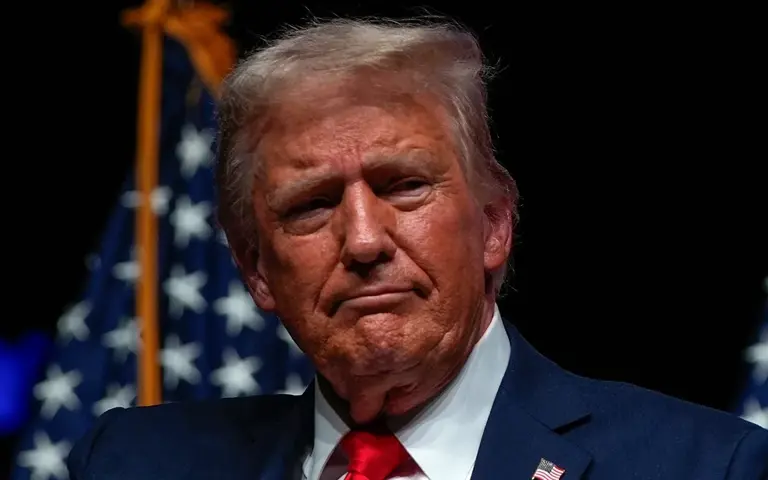President-elect Donald Trump finds himself in a tough situation after making campaign promises that could drive up inflation, something economists have been warning about. This was discussed by Eamon Javers, a senior Washington correspondent, during an episode of Deadline: White House hosted by Nicolle Wallace.
Wallace kicked things off by pointing out that voters seem to have high hopes for Trump’s economic plans. “A lot of people thought they were signing up for a fantastic economy under Trump,” she said, quoting a piece from The New York Times to set the scene. The article explained that when Trump first took office in 2017, the U.S. economy was starting to recover from the slow growth that followed the Great Recession. Back then, inflation and interest rates were quite low, which was a welcome change after years of economic struggle.
Fast forward to now, and the picture looks a little different. Trump is stepping into an economy that’s stable but showing signs of slowing down. Inflation isn’t as bad as it was a few years ago, but it’s still higher than the Federal Reserve’s ideal target of 2 percent. For many consumers, the memory of rapid price increases is still fresh, and the pinch at the grocery store hasn’t gone away.
Javers explained it simply. “If you just look at the economy on paper, a lot of things are going well. The stock market has been doing great this year, even though we’ve had a ten-day losing streak recently, the longest since 1974. Unemployment is really low, and inflation isn’t as out of control as it used to be. But here’s the catch: prices are still high. When people hear inflation is coming down, they assume prices are dropping. That’s not the case. It just means prices are rising a little slower than before.”
He added that this is why many Americans are still feeling the squeeze. “People remember when a gallon of milk cost a lot less than it does now. When they shop, they feel like their money doesn’t stretch as far. Inflation is like a pay cut for everyone, and that frustration probably played a big part in Trump’s victory. A lot of people see him as a businessman who can fix these issues.”
But here’s the tricky part. Some of Trump’s big ideas, like mass deportations and tariffs, could actually make inflation worse. Javers pointed out that removing large numbers of workers, especially in industries like agriculture, could drive up food prices because it would reduce supply. Similarly, imposing tariffs—taxes on imports—could make everyday goods more expensive.
“Trump is in a bit of a bind,” Javers said. “He made promises during his campaign that could push inflation higher, but he also knows inflation was a big reason why voters chose him. Now, the question is, what will he actually do about it? It’s hard to predict because this is his second term, and he’s not planning to run for re-election in four years. That gives him more freedom to make decisions without worrying about political consequences.”
This sets the stage for a challenging term ahead as Trump navigates between keeping his promises and managing an economy that’s already under pressure. Whether he sticks to his plans or adjusts them remains to be seen, but his decisions will certainly shape how Americans feel about their wallets in the coming years.
